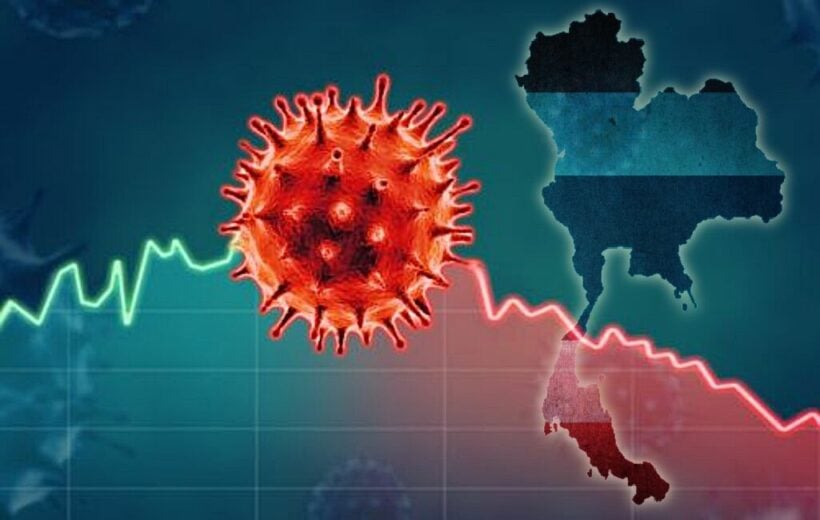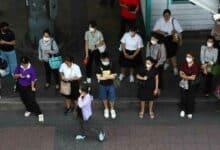Top doctor asks tough questions on transitioning Covid-19 to endemic

After a meeting of the National Communicable Disease Committee was held yesterday, Thailand plans to declare Covid-19 as an endemic disease by the end of this year according to the Ministry of Public Health. While this declaration has raised hope and excitement among many who are sick of the seemingly never-ending pandemic, some have questioned some of the details involved in transitioning the status of Covid-19 which has affected over 2.4 million people in Thailand.
Dr Thiravat Hemachudha, a prominent expert and the Chief of the Thai Red Cross Emerging Infectious Diseases Health Science Centre, took to Facebook today to ask some tough questions about what the transition to an endemic Covid-19 will mean.
Thailand has created its own academically acceptable criteria for measuring whether Covid-19 is a pandemic or endemic with the decision being made based on 3 criteria that Thailand is already very near to meeting. First, 80% of at-risk people must have received at least two doses of a Covid-19 vaccine. Second, the daily Covid-19 infection rate must be under 10,000 cases per day, a figure that Thailand hasn’t surpassed since October 18. And finally, the death rate must not exceed 0.1%.
In his post, Dr Thiravat listed a series of questions about what will happen in Thailand in terms of procedures, laws, costs, and other changes that will need to be addressed when Covid-19 is reclassified as endemic. He asked if Covid-19 will no longer be treated as a dangerous infectious disease. Does this mean if someone tests positive with the virus there’s no need to report it?
Will people still be tested regularly for Covid-19? If someone tests positive, will they still need to either self-isolate, join community isolation, stay in a hospitel or field hospital, or be otherwise hospitalized?
If someone does need treatment, how will it be paid for? Will the government offer any assistance if Covid-19 is endemic? And what about testing? Will the costs of testing fall to the individual requiring a test or to businesses who are aiding in the health and safety of their customers or employees?
Will businesses still have any sort of compensation for the economic effects of Covid-19 once it is reclassified as endemic? Many financial assistance programs exist now to help various sectors including tax reductions and waivers, co-pay schemes, and salary assistance for employees.
Finally, he raised the issue of compensation for side effects from vaccines that the National Health Security Office is currently providing. 13,825 claims have been filed so far and 10,544 of them have met the criteria to receive a payout, while there are many claims still pending appeal as well.
To date, about 1.2 billion baht has been paid out by the NHSO for vaccine side effects. But if Covid-19 becomes endemic, and the various vaccines commonly used have only been approved for emergency use, then is someone afflicted with a side effect still entitled to compensation?
While an end to the endless pandemic is a euphoric dream to look forward to, the government has a big task ahead answering all these questions and many more.
SOURCE: Thai PBS World
Latest Thailand News
Follow The Thaiger on Google News:


























